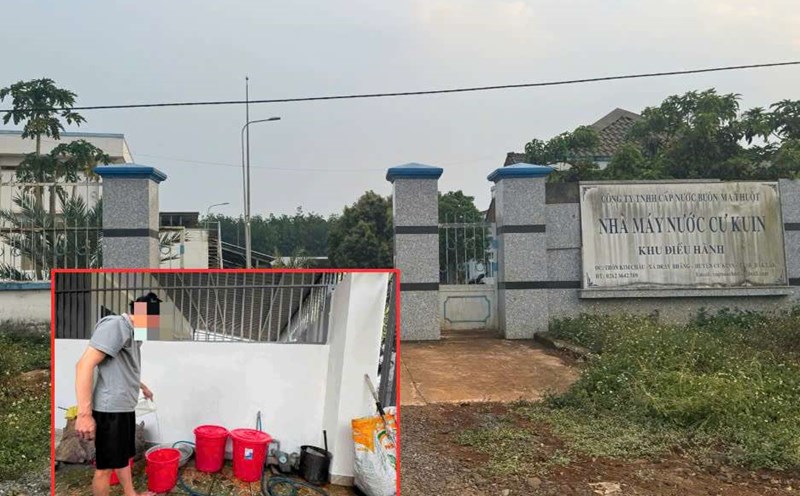On March 22, the Israeli Defense Ministry said Prime Minister Benjamin Netanyahu and Defense Minister Israel Katz had ordered a second attack on dozens of Hezbollah targets later in the day.
The latest airstrikes were in response to five rockets previously launched into Israeli territory. On the morning of March 22, Israel carried out its first airstrike in southern Lebanon, marking an intensification of military operations between the two sides.
According to information from Lebanese health officials, the new Israeli attack has killed at least 6 people and injured 28 others in eastern and southern Lebanon. Of these, 6 were killed and 22 were injured in the city of Tyre and some areas in the South, while 6 others were injured in eastern Lebanon.
A Lebanese security source said that by the evening of March 22, Israel had conducted a total of 15 airstrikes targeting Hezbollah positions.
In an official statement, the Israel Defense Forces (IDF) confirmed that the strikes targeted Hezbollah command centers, infrastructure, missile launchers and weapons depots across Lebanon.
The IDF stressed that these military operations are aimed at protecting Israeli civilians and may continue if necessary.
In addition to airstrikes, Israel also fired mortar fire at several locations in southern Lebanon shortly after rocket launches from Lebanon into northern Israel on March 22.
Meanwhile, Hezbollah said it had not been involved in missile attacks against Israel, and reaffirmed its commitment to comply with the ceasefire that had been established since November last year.
In the face of the escalating situation, France has called on all parties to restrain themselves. The French Foreign Ministry stressed that all parties need to respect the commitments in the ceasefire agreement to avoid aggravating the conflict, affecting the security of Lebanon, Israel and the entire region.
According to the ceasefire agreement, Hezbollah pledged to cease the armament, while the Israeli army had to withdraw from southern Lebanon for the Lebanese army to take control.
The Lebanese government is responsible for dismantling military infrastructure in the South and seizing all types of illegal weapons.
However, the latest developments show that the situation is still very tense and the risk of conflict continues to escalate.











